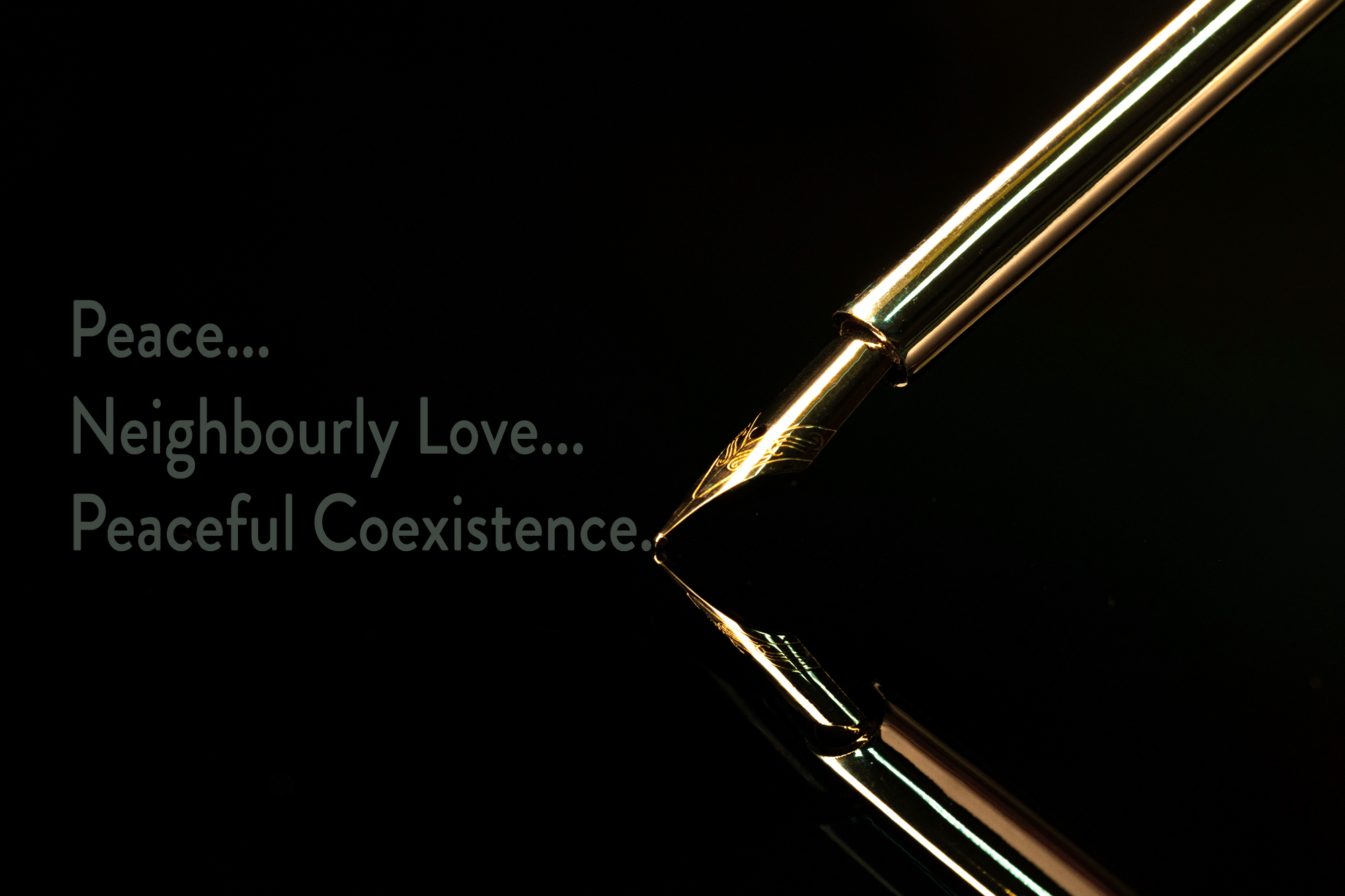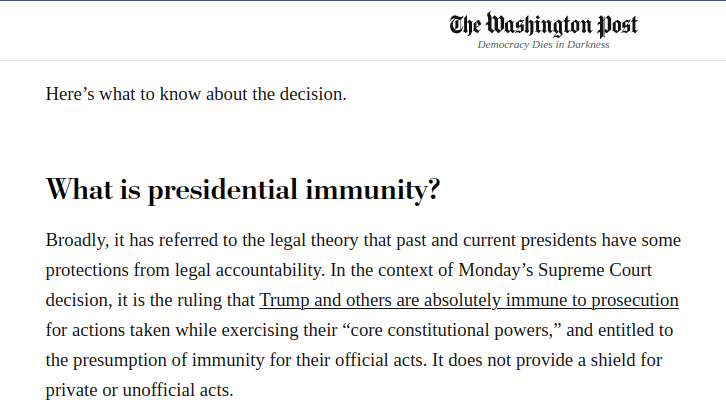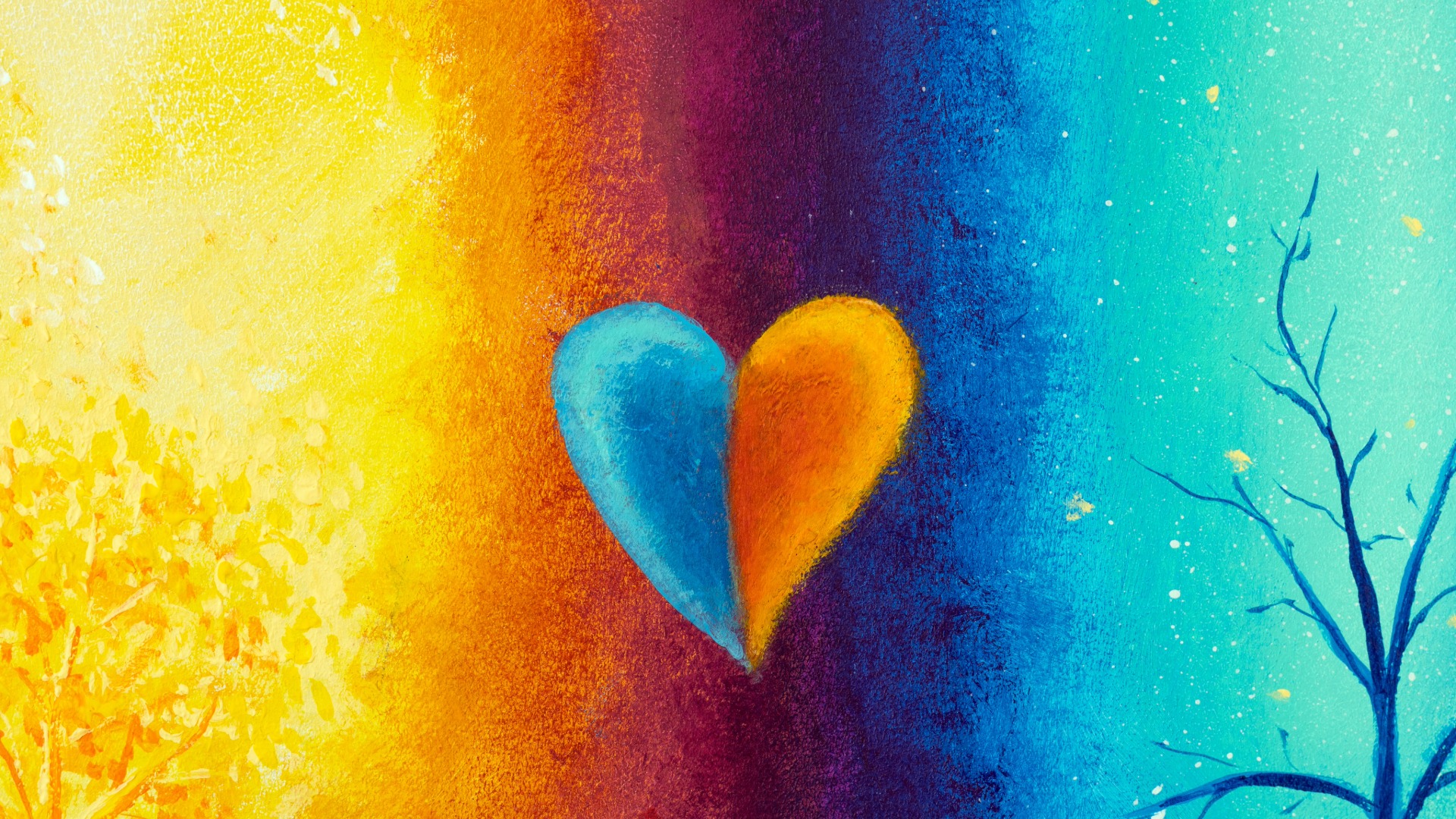
The two attacks on the actual Republican candidate may be false – fake – a fluke to ensure his presence in media. I am not naming names, these days, if I can help it. Real or staged there’s no room in a real democracy for such acts of violence.
Be that as it may: He has been proven to be a person with no responsibility except towards himself and those with money. The kind of money that comes in cartloads. Bluntly put.
The Republicans stand for all the values that endanger a democracy. Their candidate was actively involved in the attack on the Capitol. They do not favour the support of the unfortunate, support weapons and their lobbies, and in general are in favour of an economy that is regulated by the markets alone.
But history is ample proof, in the US as well as elsewhere, that this does not work. The favouritism with capital will constantly shift the wealth of a society towards the already rich and wealthy – when everybody in truth is involved creating products, goods, marketable output.
Democrats on the other hand favour a wise and socially responsible policy for all concerned. Their advocating a society of equality, diversity and freedom in accordance with human and civil rights is legend.
Check the values!
Vote wisely, the Democratic party, as I stated before, may – just as any human institution – not be perfect; but they strive to do the best for the whole of a society – not just a select few.
And: They made the first African American president Barrack Obama possible!










